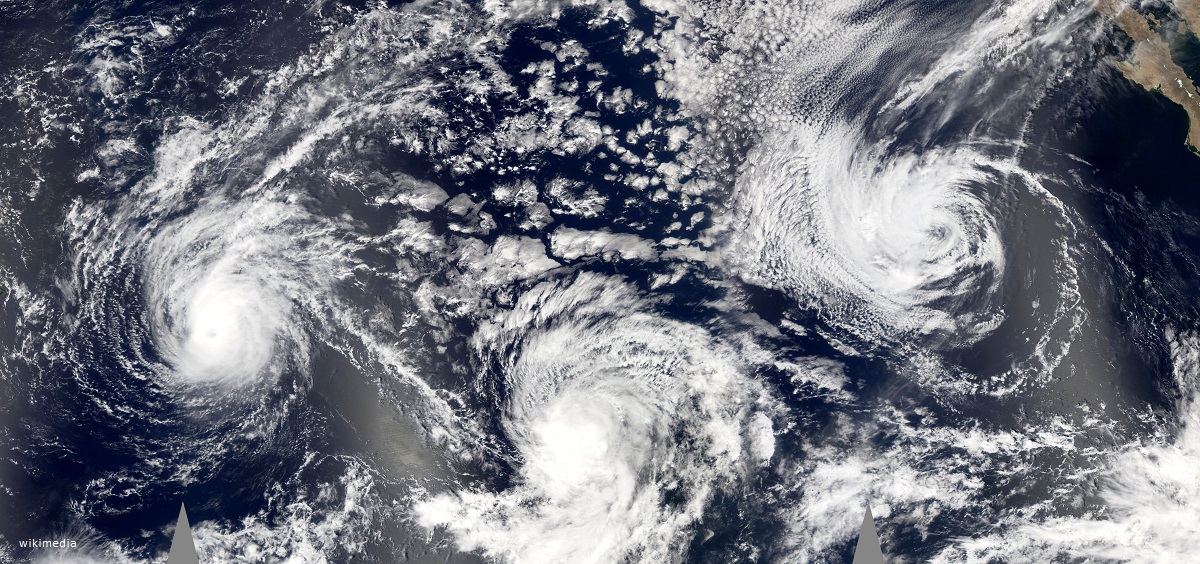Every year, numerous predictable risks turn into humanitarian disasters. Whether it’s foreseen pre-election violence, disease outbreaks following floods, or landslides following heavy rains, a lot can be done to mitigate the damage of such threats by acting early. Increasingly, humanitarians are realising that spending can be brought down, and lives saved by acting early. Activities include evacuating populations at risk and prepositioning stocks right before a crisis hits, to strengthening flood barriers and rolling out awareness or sanitation campaigns when longer lead times and accurate forecasts allow.
So why is this approach not mainstream? One major reason: funds have until recently not been available before a crisis takes place. But this is changing. Increasingly, donors are seeing the financial and humanitarian value in disbursing funds and starting operations early.
Now that funds are available for early action, what else is needed? Humanitarians need to be connected to forecasters, scientists brought together with NGO workers – so that those who know when lives are likely to be lost, are in touch with those who know how to save lives. It is for this reason that in 2016, the Start Network set up FOREWARN - a global group of risk analysts, humanitarians, academics, and donors that meets regularly to advise the Crisis Anticipation Window and broader early action efforts in the humanitarian sector.
On the 12th and 13th of September, FOREWARN will be coming together for the biannual community meeting. We will reflect on the last two years, which we have spent building and developing the Crisis Anticipation Window - thanks to which we have anticipated 16 crises, predicted and acted upon forecasts for 5 different types of hazards, and disbursed just over £2.5m to 22 member agencies. We will discuss practical examples of anticipation in action and present evidence that the sector is moving towards pre-emptive, earlier humanitarian action.
Next we will be determining the future of FOREWARN. Over the next 3 years, FOREWARN will grow and decentralise through the formation of national and regional groups, specialised thematic subgroups and strategic partnerships with leading forecasting agencies.
In line with Start Evolves and commitments made by our members at the World Humanitarian Summit to localisation, our ambition is to move decision-making closer to the places where crises occur. Local forecasting information will be interpreted by humanitarians and scientists at country/regional level – to plan and implement anticipatory action in their contexts.
Though we still have a long way to go, we hope that through this event, and the wider efforts of FOREWARN, the Crisis Anticipation Window, and the 42 members of the Start Network, that earlier humanitarian action will become mainstream.
If you want to be part of FOREWARN, please get in touch or sign up to the event – become an influencer of earlier humanitarian action today.

